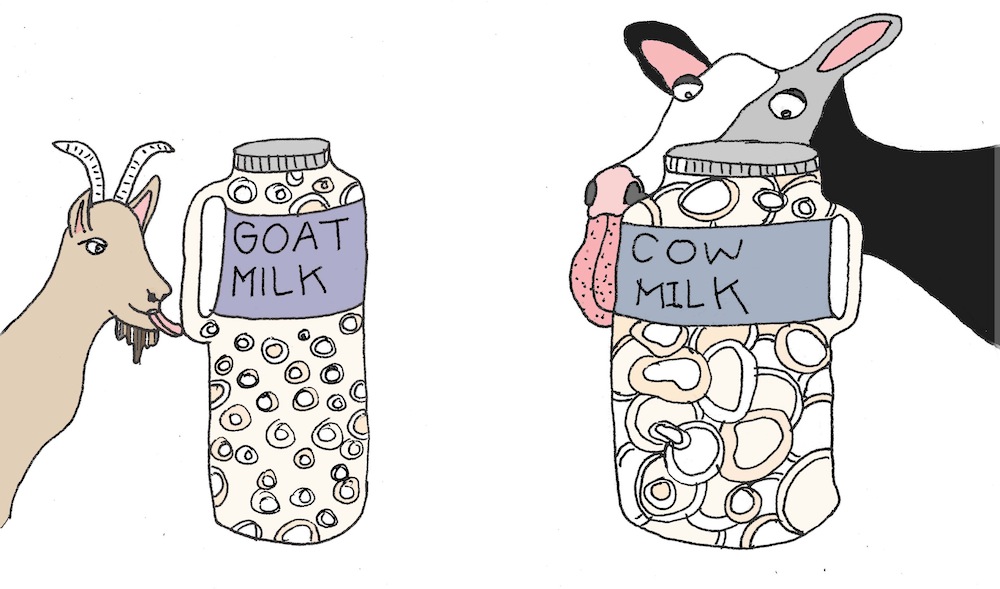Diabetes is an abnormal condition that continues to be there in the body even without the knowledge of the individual – without any outward symptom. In diabetes, the body fails to change sugar into energy. This leads to spike in sugar level in the blood resulting in heart disease, visual impairment and other complications. In most cases, the symptoms in the early stage of the disease are so subtle that you fail to spot them without clinical guidance. In some cases, there is a slight manifestation of symptoms. It’s because of this that, you may overlook diabetes though it affects you.
Studies show that as much as 25% people with type 2 diabetes and they’re not even aware of it. If you feel some of the symptoms, see your doctor without further delaying. The symptoms are so delicate that you tend to overlook them as harmless. According to American Diabetes Association, there are over 8 million people have diabetes undiagnosed. Detecting these early symptoms can go long way in early diagnosis and treatment.
How do you know if you have diabetes?
- You feel thirsty and want to go to restroom frequently
Thirst abnormally high, medically known as polydipsia and excess urination (polyuria) are prime symptoms diabetes.
When diabetes affects your body, you have higher level of blood sugar. This makes the kidneys absorb and remove the excess sugar by filtering. When the kidneys cannot function, the excess sugar goes into blood along with important fluids from the body. This makes you urinate frequently resulting in dehydration. And when you drink more because of thirst you urinate frequently. Drinking soda, fruit juices, chocolate milk will add to the blood sugar leading to complications.
- Excess hunger
You feel very hungry. When blood sugar is more than the normal level, your body fails to regulate it. Normally when you consume excess carbs, they get neutralized by a higher amount of insulin so your glucose level comes normal soon.
- You feel exhausted
You feel tired. This is because you may have dehydration set in because of excess urinating and body’s inability to absorb food properly – the food you consume cannot be absorbed by the cells to make energy.
- You lose weight
Overweight is a major risk factor for diabetes. Therefore, it’s important to manage your weight. Diabetes prevents sugar from going to the cells, which makes you hungry. Loss of sugar in urination causes loss of calories. This leads the body to start using up the fat and muscle to get energy resulting in a fall in body weight.
When you find you’ve lost over 5% of your normal weight (over 4.5 kg), it’s time you should see the doctor. Weight loss that cannot be accounted for can be a symptom of type 1 diabetes as well as type 2 diabetes.
- Vision becomes blurred
When you’re in the early stage of diabetes, sugar (glucose) accumulates in the lens in the eye, which leads to an intermittent change in its shape leading to blurred vision. Of course, this is likely to subside in six-eights when the blood sugar becomes controlled.
- Cuts and wounds heal slowly
If you have sores or cuts, they may heal slowly. This is because the high blood glucose slows down the process of healing and weakens immunity. Women commonly suffer from bladder and genitals infections. Further, you’re likely to get minor illnesses frequently.
- Gums may be affected
As diabetes weakens your immunity, there is the risk of infection of gums and bones where your teeth are located. The gums might become swollen, the teeth become loose and sores or wounds carrying push may occur. This is more probable if you have a history of gum infection.
- Hands and feet may tingle
The abnormally high level of blood sugar results in damage to nerves, which leads to loss of sensation in hands and feet.
Conclusion
These symptoms are subtle and are not manifest. The sooner you do, the odds of getting better are higher. The crux of the matter is you must take care of your health by actively participating in activities that help keep diabetes away.



